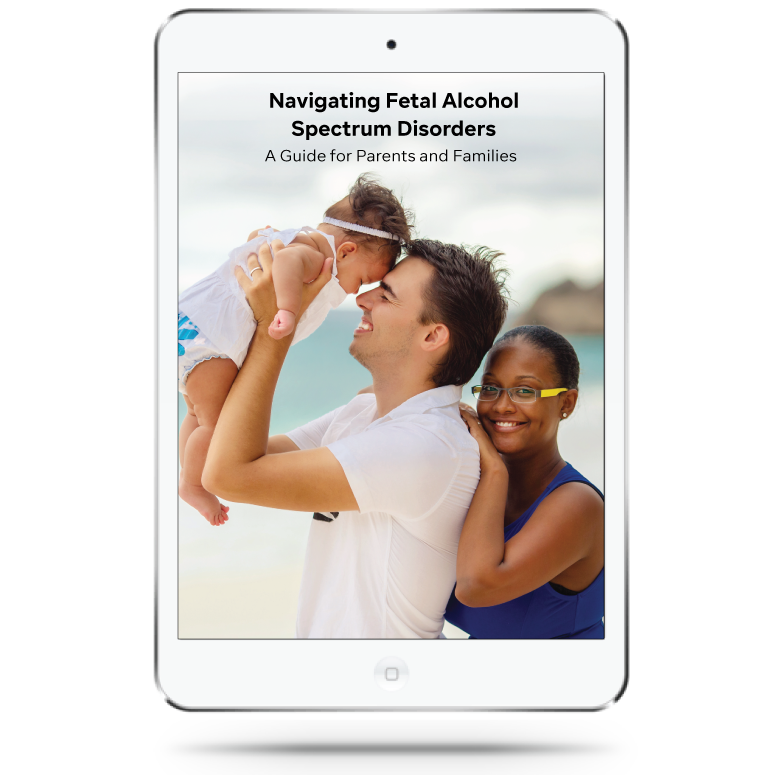Pre-Conception Health
Every person should be thinking about their health whether or not they are planning pregnancy. One reason is that about half of all pregnancies are not planned. Unplanned pregnancies are at greater risk of preterm birth, low birth weight babies and prenatal alcohol exposure. Another reason is that, despite important advances in medicine and prenatal care, about 1 in 8 babies are born too early.
Researchers are trying to find out why and how to prevent preterm birth. But experts agree that we need to be healthier before becoming pregnant. By taking action on health issues and risks before pregnancy, you can prevent problems that might affect you or your baby later.

RESOURCES

Preconception Health
Healthy Choices
Congratulations on your pregnancy! This is such an exciting time, but you may be feeling overwhelmed with information. We aren't here to tell you what to do, but we do want to share accurate and up-to-date public health research so you have the information necessary to make empowered and informed decisions.
Here’s what the research says: there is no safe amount of alcohol during pregnancy.[1],[2],[3] Alcohol crosses through the placenta and affects how your baby is developing.[4] It can be especially harmful to the baby's brain, which is developing throughout the entire pregnancy.[5]
Proof Alliance joins the World Health Organization[6], Centers for Disease Control (CDC)[7], American College of Obstetricians and Gynecologists (ACOG)[8], and all other major medical associations in supporting alcohol-free pregnancies, from conception through birth.
However, we know this isn't always an easy choice. If you want extra support or information on how to have an alcohol-free pregnancy, we are here for you. Give us a call at (651) 917-2370 or e-mail us at info [AT] proofalliance [DOT] org. You can also follow us on social media to see the latest research, find yummy alcohol-free recipes, and connect with other people who are passionate about alcohol-free pregnancies.
Sources:
- Flak AL, Su, Bertrand J, Denny CH, Kesmodel US, Cogswell ME. The association of mild, moderate, and binge prenatal alcohol exposure and child neuropsychological outcomes: A meta-analysis. Alcoholism: Clinical and Experimental Research. 2014;38(1):214-226.
- Hemingway SJA, Bledsoe JM, Davies JK, Brooks A, Jirikowic T, Olson EM, Thorne JC. Twin study confirms virtually identical prenatal alcohol exposures can lead to markedly different fetal alcohol spectrum disorder outcomes – fetal genetics influences fetal vulnerability. Adv Pediatr Res. 2019;5:23.
- Irner TB. Substance exposure in utero and developmental consequences in adolescence: A systematic review. Child Neuropsychology. 2012;18(6):521-549.
- Burd L, Blair J, Dropps K. Prenatal alcohol exposure, blood alcohol concentrations and alcohol elimination rates for the mother, fetus and newborn. Journal of Perinatology. 2012;32:652-659.
- Hendrickson et al. Cortical gyrification is abnormal in children with prenatal alcohol exposure. NeuroImage: Clinical. 2017;15 391-400.
- World Health Organization. Counting the Costs of Drinking Alcohol During Pregnancy. https://www.who.int/bulletin/volumes/95/5/17-030517/en/
- Centers for Disease Control and Prevention. Fetal Alcohol Spectrum Disorders (FASDs). https://www.cdc.gov/ncbddd/fasd/alcoholuse.html
- The American College of Obstetricians and Gynecologists. Alcohol and women. https://www.acog.org/Patients/FAQs/Alcohol-and-Women
